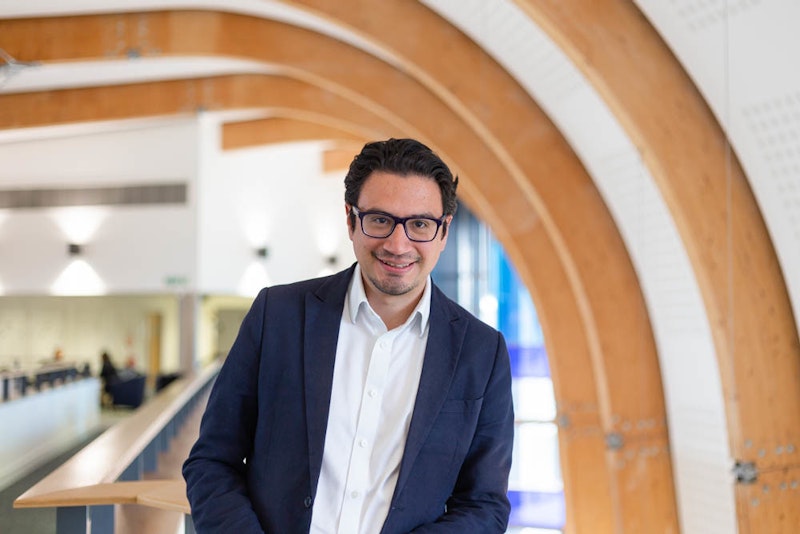ChatGPT’s new Study Mode: Personalised learning or just another shortcut?
Dr Rodrigo Perez-Vega wrote an exclusive article for FE News about ChatGPT's Study Mode and the significant milestone it brings in the evolution of AI in education.

The recent launch of ChatGPT’s new Study Mode marks a significant milestone in the evolution of generative AI in education. For those of us working in business schools, where the pace of innovation is often matched only by the pressure on students to perform, this development offers both promise and provocation.
The Study Mode innovation is a game-changer for academics, offering the potential to significantly improve learning outcomes of students by tailoring explanations to each student’s unique knowledge and skill level. The possibility of having a personalised learning journey where every concept is clarified precisely when and how a student needs it could unlock the potential of more students.
In theory, this is the kind of pedagogical support educators have long dreamed of, an intelligent assistant that can adapt to each learner’s pace, fill in conceptual gaps, and reinforce understanding in real time. For business education, where students grapple with complex models, abstract theories, and fast-evolving market dynamics, such a tool could be transformative.
However, a critical question remains: will students truly adopt this new tool?
There is a growing trend among students to use generative AI like ChatGPT in a more transactional way, primarily to achieve higher grades and gain a competitive edge in a tough job market. This pressure to excel often leads to AI being used for quick answers and report generation, rather than deep, conceptual understanding.
This is particularly evident in business schools, where the stakes are high and the competition fierce. Students are often juggling internships, side hustles, and job applications alongside their coursework. In such an environment, the temptation to use AI as a shortcut rather than a study companion is understandable.
As we continue to witness new use cases for large language models (LLMs), the Higher Education industry is undergoing a disruptive transformation, not only in how students complete assignments but also in the very nature of the coursework they undertake. Traditional assessments are being re-evaluated, and educators are being challenged to design tasks that enable critical thinking and originality, rather than regurgitation.
For the full potential of these advancements to be realised, both the pedagogical approach and student engagement must evolve in tandem. Without this dual progression, the potential benefits
This means rethinking how we teach, assess, and support students. It means embedding AI literacy into the curriculum, not just as a technical skill, but as a critical thinking exercise. Students must understand not only how to use tools like ChatGPT, but when and why to use them. They should be taught to question outputs, seek deeper understanding, and use AI as a partner in learning rather than a proxy for it.
Equally, educators must adapt. We must move beyond the fear of AI as a threat to academic integrity and instead embrace it as a catalyst for innovation. Study Mode offers a unique opportunity to personalise learning at scale, but it requires us to design learning experiences that encourage exploration, reflection and dialogue.
The challenge is cultural as much as technological. If students continue to see AI as a means to an end – grades, jobs, accolades, rather than a tool for growth, then even the most sophisticated features will fall short. However, if we can shift the narrative, foster curiosity and build trust in the learning process, then ChatGPT’s Study Mode could be a turning point.
In the end, the success of this innovation will depend not on the technology itself, but on how we choose to use it. As educators, we have a responsibility to guide that choice – to champion deeper learning, to model thoughtful engagement and to ensure that AI serves as a bridge to understanding.
The original article published on FE News can be found here.



